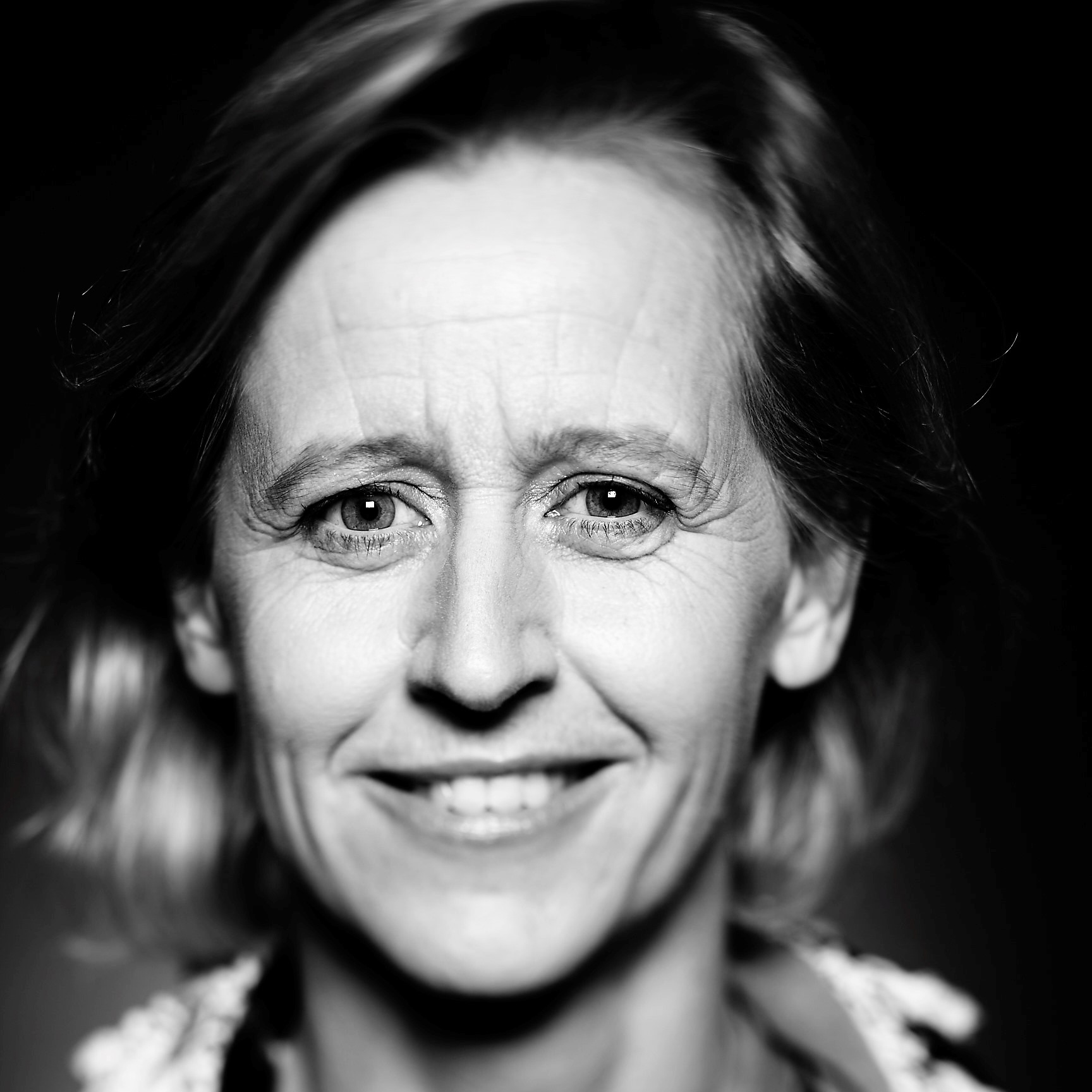 \
&
Contact us
\
&
Contact us
 \
&
Contact us
\
&
Contact us
Published on | 4 years ago
Last updated on | 2 months ago

Ria.debreucker@vlaio.be
We refer for this to the H2020 online manual and/or to the HorizonEU online manual.
A CFS only needs to be supplied as part of the final financial report (in compliance with Article 20.4(b)(ii)).
Only for actual costs (in the categories personel, subcontracting & other direct costs) and unit costs. You don't have to take into account the received prefinancing, nor lump sums or flat rates (e.g. your indirect costs).
In Horizon 2020, if the requested EU contribution to the costs of a beneficiary exceeds € 325 000,-, a CFS must be submitted. Only actual costs and unit costs are taken into account, indirect costs are excluded.
For Horizon Europe the threshold is € 430 000,- and it is based on the full requested EU contribution (including the 25% flat-rate for indirect costs).
For Horizon Europe, be aware that the documents on the F&T Portal now cover most of the centrally funded EU programmes, the online manual now also refers to the generic corporate version of the model grant agreement. The threshold mentioned is € 325 000 (of the requested EU contribution).
For Horizon Europe, the threshold of EUR 325 000 mentioned in the basic act referred only to direct actual costs and unit costs based on usual accounting practices, similar to H2020. This led to some confusion about how the threshold was calculated, in particular in cases where beneficiaries requested less funding than they were entitled to.
For Horizon Europe, the implementation of the threshold has been simplified: it is based on the full requested EU contribution, thus not distinguishing any more between [direct actual costs and unit costs calculated in accordance with usual cost accounting practices] and other cost forms that were in H2020 excluded from the threshold – e.g. the indirect cost flat rate).
To come to a comparable level with the EUR 325 000 amount of the HE legal basis, statistical analysis lead to an amount of EUR 430 000 full requested EU contribution (corresponding to the EUR 325 000 in the HE legal basis, covering only parts of the EU contribution).
Unlike in Horizon 2020, the now published CFS template is no longer an annex to the grant agreement. The template has been adapted on 1 March 2025, with specific changes to the checklist, as explained on the last page of the template.
In Digital Europe, a CFS only needs to be supplied at the final payment and only if the standard threshold of requested EU contribution to costs is equal or higher than €325 000.
The CFS certicficate has to be made by a qualitified auditor, like described here in beneath:
"qualified to carry out statutory audits of accounting documents in accordance with Directive 2006/43/EC of the European Parliament and of the Council of 17 May 2006 on statutory audits of annual accounts and consolidated accounts, amending Council Directives 78/660/EEC and 83/349/EEC and repealing Council Directive 84/253/EEC or simular national regulations."
And the auditor...
We refer to the IBR for a public list of auditors that are certified to execute such a control. Mind that not all auditors already have experience with Horizon, so make sure to ask for this upfront.
The costs for such an audit depend on many factors (size of project, complexity, ...) and can be estimated to be somewhere between € 2500,- an € 8000,-.
The costs of producing a CFS are eligible as long as it was mandatory and the related costs fulfil the eligibility conditions. The costs of a mandatory CFS can be eligible in the last reporting period only.
On 2021-05-19, the Common Audit Services of the EC organised a webinar to provide information and clarifications to potential providers of CFS on the modalities of Horizon 2020 rules. The content might also be interesting for Horizon 2020 beneficiaries having to submit CFS.
This is available on the Funding & Tenders Portal, below you can find also direct links.
Below you can find a curated list of interesting links. NCP Flanders is by no means affiliated to any of the listed information providers, nor can we be held liable for the content. We however do try to keep it up-to-date and check for correctness.
We offer news and event updates, covering all domains and topics of Horizon Europe, Digital Europe & EDF (and occasionally, for ongoing projects, Horizon 2020).
Stay informed about what matters to you.
By signing up, you can opt in for e-mail notifications and get access to
a personalised dashboard that groups all news updates and event announcements in your domain(s).
Only for stakeholders located in Flanders
Atlas Integratie & Inburgering Antwerpen is an autonomous agency and a non-profit organisation responsible for implementing the Flemish integration policy on behalf of and for the City of Antwerp. Atlas offers several types of services for newcomers and Antwerp’s public and non-profit organisations.
In 2018, under the leadership of HafenCity University Hamburg, Atlas participated in the H2020 call 'Addressing the challenge of migrant integration through ICT-enabled solutions'. The proposal 'MICADO - Migrant Integration Cockpits and Dashboards' was approved by the European Commission and the project started in January 2019 and runs until June 2022.